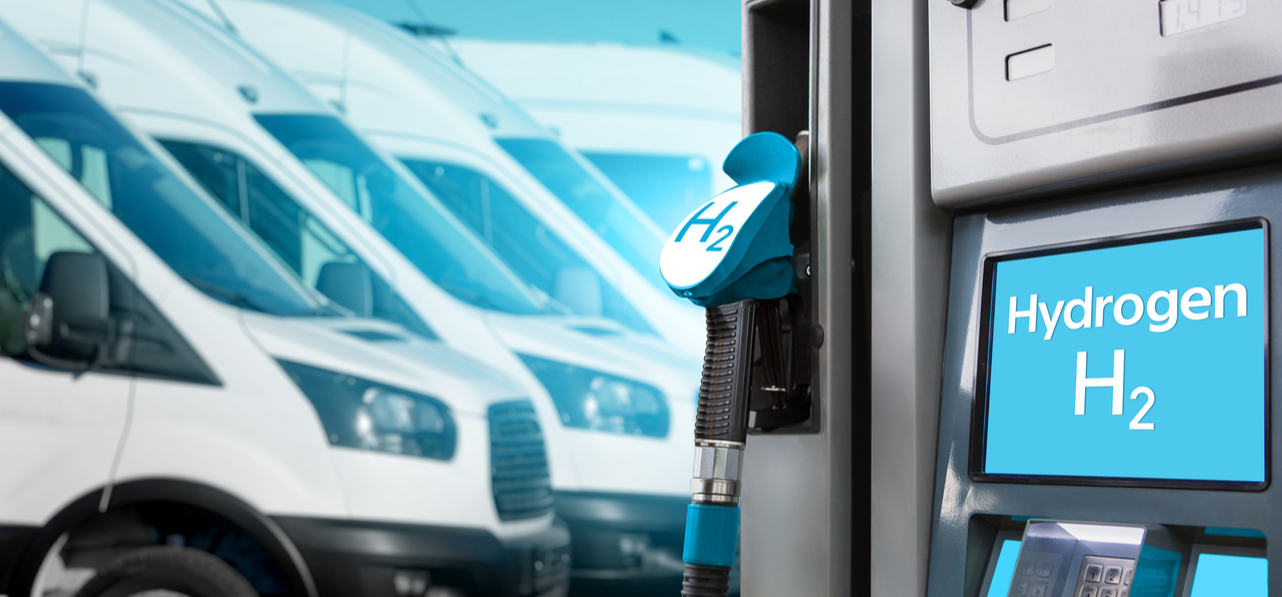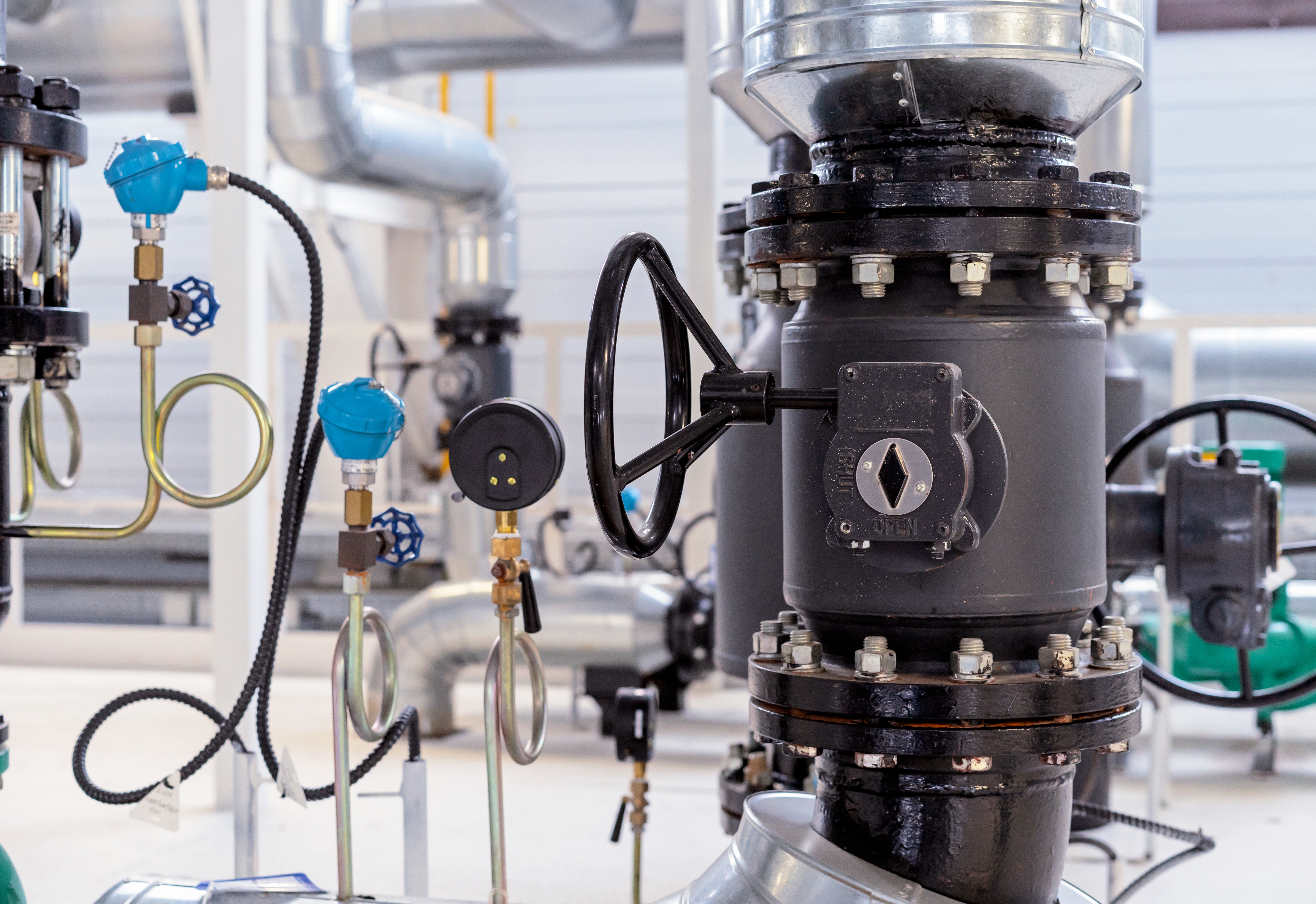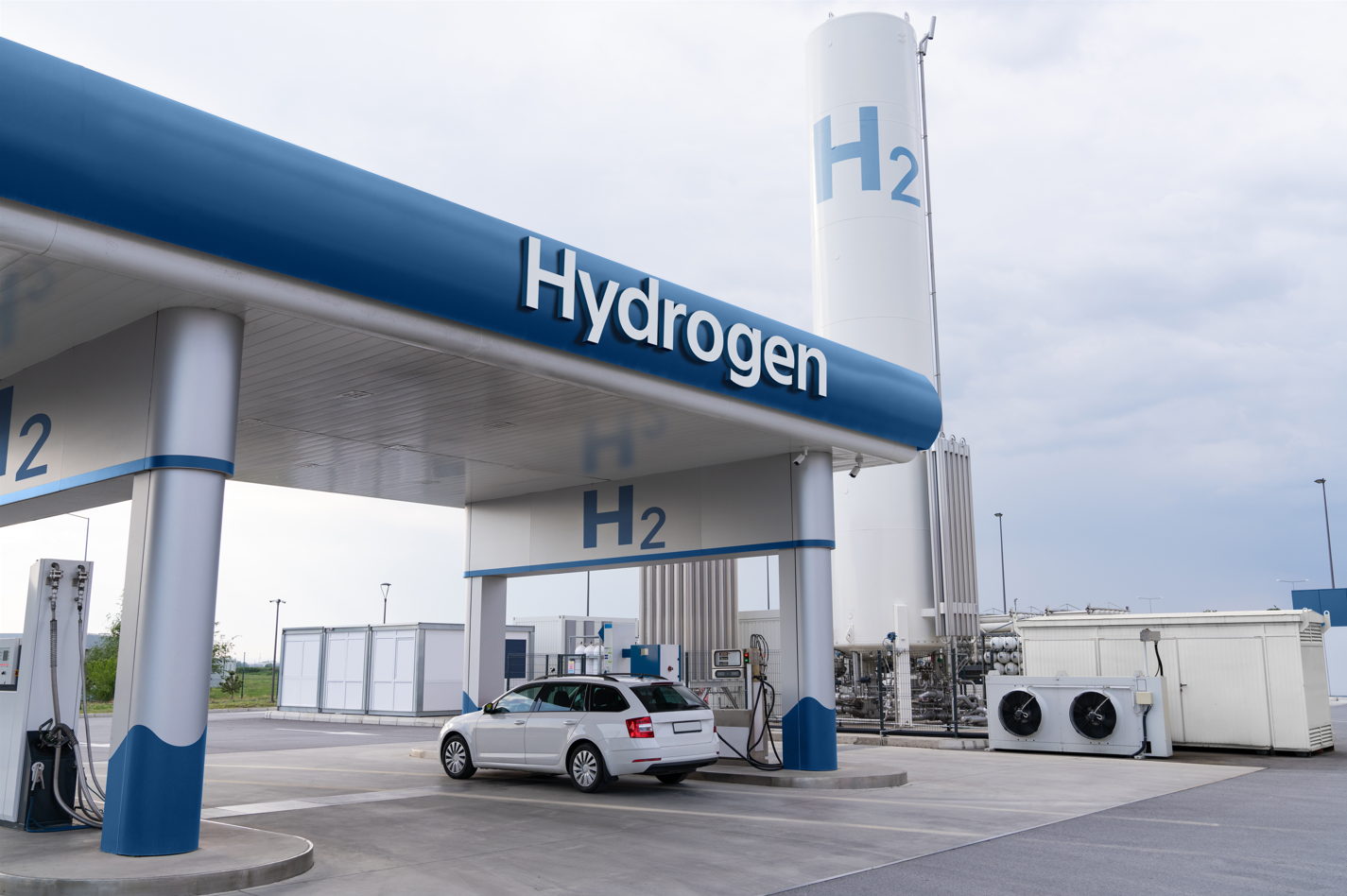Featured Articles
2023-01-05
The competitiveness of auto suppliers will depend on diversified power technologies led by hydrogen power
 Most of the OE brand boosts their development in Hydrogen power
Most of the OE brand boosts their development in Hydrogen powerThe development of hydrogen energy has been formally put into commercialization and practical application in the past ten years. Due to its short history, its potential has not been truly developed by the industry, so it is often seriously misunderstood and distorted as a new energy source that lacks competitiveness. In particular, the rising trend of lithium vehicles in the market is considered to be a reasonable inference that suppresses the space for hydrogen vehicles. Even some car manufacturers, including Volkswagen, have expressed extremely pessimistic views on hydrogen energy vehicles; the media has also spread the wrong message that Hyundai Motor has decided to suspend the development of Genesis hydrogen vehicles; even Tesla, which focuses on lithium vehicles, has also joined in the singing declining ranks. These incidents did not prevent the development potential of hydrogen vehicles from being gradually discovered by car manufacturers, and more car manufacturers corrected their original reserved or even negative practices. The record-setting blizzard in North America during the Christmas holiday in 2022 made lithium vehicles, including Tesla, unable to charge and immobilize, further highlighting the fact that lithium vehicles are by no means ideal new energy vehicles. It has become an indisputable fact that hydrogen vehicles are the inevitable trend of the future. The question is how to gradually migrate from fuel vehicles to hydrogen vehicles, and whether to fully tap the potential of hydrogen energy to completely replace fossil fuels will be a major challenge for the industry.
Hydrogen Fuel Cells Are Moving towards Lower Prices
In 2020, Volkswagen Technical Director Matthias Rabe expressed his concerns about the hardware structure of hydrogen vehicles and the lack of public facilities in a media interview, so he thinks it is unsuitable for passenger cars. Herbert Diess, CEO of the group, also quoted a report published in the German Handelsblatt by the Potsdam Institute for Climate Research (PIK) on the inefficiency and high cost of hydrogen fuel cells. Among them, hydrogen vehicles are not the solution, and the debate will only waste time. It is intended to educate German politicians who advocate hydrogen energy. However, with his resignation in September 2022, the succession of Porsche CEO Oliver Blume seems to trigger the possibility of new changes.
In November 2022, it was reported that Volkswagen and Kraftwerk Tubes, a German company, jointly proposed that the patent for ceramic membranes used in fuel cells was published, which caused extensive media reports, and everyone noticed that as early as February 2022, the German Business Insider revealed relevant information in an exclusive interview with the founder of Kraftwerk. The ceramic membrane technology is cheaper than the platinum-containing polymer membranes Toyota and Hyundai use because they can separate substances without platinum. Platinum, a rare metal, is expensive and one of the main obstacles to reducing the mass production cost of hydrogen fuel cells. Kraftwerk Tubes also claims that another advantage of the ceramic membrane is that it does not require wetting during operation, reducing the hidden dangers of freezing in winter, mold in high-humidity environments, and excessive drying at high temperatures. Hyundai and Toyota's current polymer membrane technology must be combined with complex and expensive systems to avoid the above problems. The technology developed by the company is the same as solid-state batteries, both have almost the same electrolyte and similar material structure, the difference is that solid-state batteries have only one solid material for energy storage, but the company's technology can also be used in fuel cells and can advance the endurance to 2000 kilometers.
Although Kraftwerk's current technology plan will not start mass production until 2026, the company is not only cooperating with Volkswagen but also includes at least several car manufacturers such as Infinity. This means that although many car manufacturers have not announced any mass production plans for hydrogen vehicles, or even slandered the development of hydrogen vehicles, they have secretly put them into development. Another significance is that with the deeper investment in the industry, more key technologies will be broken through, making hydrogen vehicles more competitive, and more car manufacturers will evaluate the possibility of commercialization.
Porsche Verifies Feasibility of Hydrogenation of Internal Combustion Engines in Line with Expectations
Although Volkswagen has not announced any change in its attitude towards the possibility of commercializing hydrogen vehicles, Porsche, a subsidiary of its group, is doing its best to study how hydrogen fuel can replace fossil fuels and move towards zero-emission technology. The company is simultaneously developing various possible power solutions for the future, including hybrid systems, pure electric drives, and high-efficiency internal combustion engines. Its initial development direction in hydrogen energy vehicles is not hydrogen fuel cells, but the introduction of its proud 4.4-liter V8 turbocharged internal combustion engine into a hydrogen fuel system as an early test object. After all, the experience in developing hydrogen fuel cells is shallow, and it requires a huge investment in research and development resources, which is time-consuming. Directly using the existing internal combustion engine to switch to hydrogen fuel will have greater development benefits. Porsche has developed four more powerful turbocharging concepts to replace conventional turbos and incorporate the technology previously used on the track, allowing the turbocharger to operate on new fuels with maximum efficiency comparable to the horsepower and torque of current high-performance gasoline combustion engines, as well as low energy consumption and the same cleanliness of exhaust emissions as the atmosphere. The company has no plans to put the hydrogen-fueled internal combustion engine into mass production but instead uses the program to research drive technologies with alternative potential and to expand existing engineering R&D capabilities. From this, it can be clearly understood that although Porsche has not announced any plans for the commercialization of hydrogen vehicles, judging by its voluntary disclosure that the test meets the goals of the plan, the company has included hydrogen fuel in the development technology used in future models among them, it should be an indisputable fact.
References
Hydrogen Fuel Cells Are Moving towards Lower Prices
In 2020, Volkswagen Technical Director Matthias Rabe expressed his concerns about the hardware structure of hydrogen vehicles and the lack of public facilities in a media interview, so he thinks it is unsuitable for passenger cars. Herbert Diess, CEO of the group, also quoted a report published in the German Handelsblatt by the Potsdam Institute for Climate Research (PIK) on the inefficiency and high cost of hydrogen fuel cells. Among them, hydrogen vehicles are not the solution, and the debate will only waste time. It is intended to educate German politicians who advocate hydrogen energy. However, with his resignation in September 2022, the succession of Porsche CEO Oliver Blume seems to trigger the possibility of new changes.
In November 2022, it was reported that Volkswagen and Kraftwerk Tubes, a German company, jointly proposed that the patent for ceramic membranes used in fuel cells was published, which caused extensive media reports, and everyone noticed that as early as February 2022, the German Business Insider revealed relevant information in an exclusive interview with the founder of Kraftwerk. The ceramic membrane technology is cheaper than the platinum-containing polymer membranes Toyota and Hyundai use because they can separate substances without platinum. Platinum, a rare metal, is expensive and one of the main obstacles to reducing the mass production cost of hydrogen fuel cells. Kraftwerk Tubes also claims that another advantage of the ceramic membrane is that it does not require wetting during operation, reducing the hidden dangers of freezing in winter, mold in high-humidity environments, and excessive drying at high temperatures. Hyundai and Toyota's current polymer membrane technology must be combined with complex and expensive systems to avoid the above problems. The technology developed by the company is the same as solid-state batteries, both have almost the same electrolyte and similar material structure, the difference is that solid-state batteries have only one solid material for energy storage, but the company's technology can also be used in fuel cells and can advance the endurance to 2000 kilometers.
Although Kraftwerk's current technology plan will not start mass production until 2026, the company is not only cooperating with Volkswagen but also includes at least several car manufacturers such as Infinity. This means that although many car manufacturers have not announced any mass production plans for hydrogen vehicles, or even slandered the development of hydrogen vehicles, they have secretly put them into development. Another significance is that with the deeper investment in the industry, more key technologies will be broken through, making hydrogen vehicles more competitive, and more car manufacturers will evaluate the possibility of commercialization.
Porsche Verifies Feasibility of Hydrogenation of Internal Combustion Engines in Line with Expectations
Although Volkswagen has not announced any change in its attitude towards the possibility of commercializing hydrogen vehicles, Porsche, a subsidiary of its group, is doing its best to study how hydrogen fuel can replace fossil fuels and move towards zero-emission technology. The company is simultaneously developing various possible power solutions for the future, including hybrid systems, pure electric drives, and high-efficiency internal combustion engines. Its initial development direction in hydrogen energy vehicles is not hydrogen fuel cells, but the introduction of its proud 4.4-liter V8 turbocharged internal combustion engine into a hydrogen fuel system as an early test object. After all, the experience in developing hydrogen fuel cells is shallow, and it requires a huge investment in research and development resources, which is time-consuming. Directly using the existing internal combustion engine to switch to hydrogen fuel will have greater development benefits. Porsche has developed four more powerful turbocharging concepts to replace conventional turbos and incorporate the technology previously used on the track, allowing the turbocharger to operate on new fuels with maximum efficiency comparable to the horsepower and torque of current high-performance gasoline combustion engines, as well as low energy consumption and the same cleanliness of exhaust emissions as the atmosphere. The company has no plans to put the hydrogen-fueled internal combustion engine into mass production but instead uses the program to research drive technologies with alternative potential and to expand existing engineering R&D capabilities. From this, it can be clearly understood that although Porsche has not announced any plans for the commercialization of hydrogen vehicles, judging by its voluntary disclosure that the test meets the goals of the plan, the company has included hydrogen fuel in the development technology used in future models among them, it should be an indisputable fact.
References
- INSIDEEVs, 2021-05-20, Mark Kane, VW's Herbert Diess Says To Ditch Hydrogen Cars, Focus On BEVs
- Business Insider, 2022-02-19, Elias Holdenried, Volkswagen arbeitet weiter an der Brennstoffzelle — das beweist ein still und leise veröffentlichtes Patent
- Porsche Newsroom, 2022-08-18, Mastering the Nordschleife with hydrogen
- Hydrogen Fuel News, 2022-10-27, Julie Campbell, Why BMW Chair Oliver Zipse says hydrogen cars will be the “hippest thing” on the road
- Electrive, 2022-10-21, Chris Randall, Is Hyundai pulling out of hydrogen project in Switzerland?
- Toyota UK Magazine, 2022-12-9, Jake Weaver, Hydrogen Corolla Cross begins testing in Japan
- Honda Media Newsroom, 2022-11-30, Honda To Begin U.S. Production of Fuel Cell Electric Vehicles in 2024
- Mobility Outlook, T Murrali,2022-10-30, Stellantis Takes Next Step In Commercializing Hydrogen Fuel Cell
- V3Cars, 2022-12-25, Amit Saraswat, Tata Motors Likely To Showcase Hydrogen Fuel Cell Concept At The Auto Expo 2023
- FCHEA, 2022-07-25, Nova Thayer, Hydrogen in the Mining Industry
- H2Accelerate, 2022-09-05, Hydrogen trucking could be competitive with diesel as early as 2030, given the right policy support, according to a new whitepaper from the H2Accelerate collaboration



